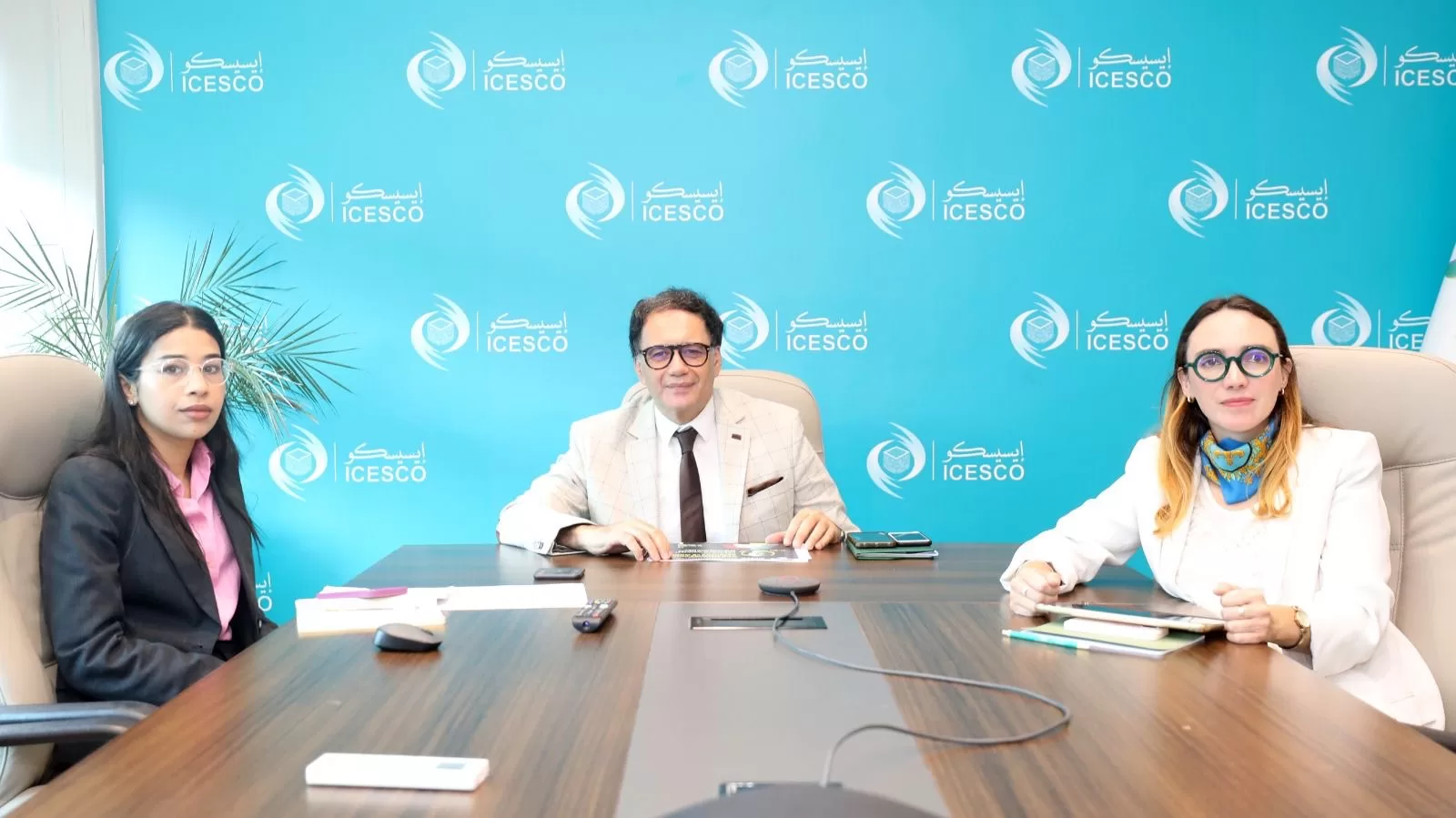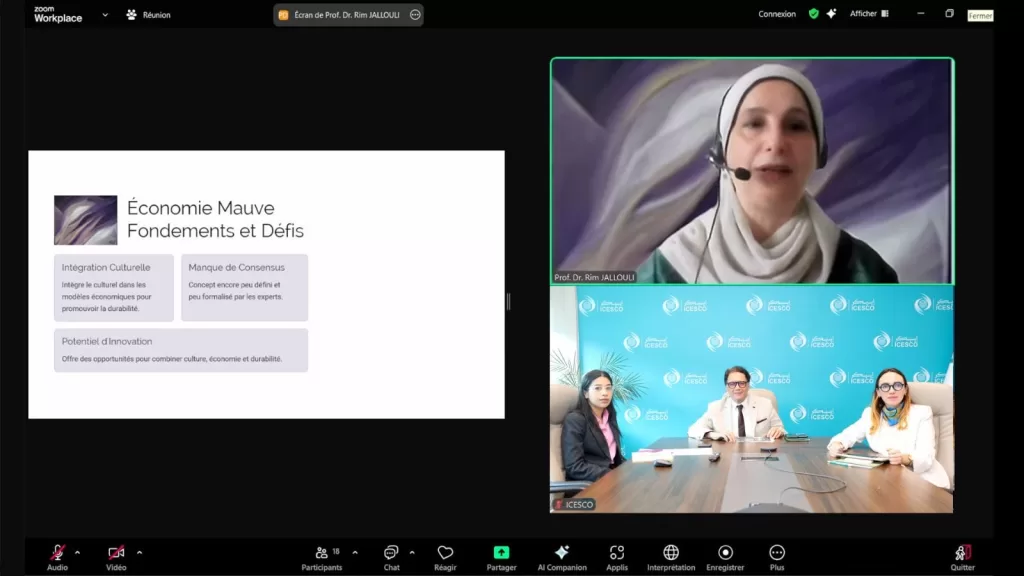
ICESCO Organizes Strategic Workshop on Developing Sustainable Cultural and Creative Economies

24 May 2025
The Islamic World Educational, Scientific and Cultural Organization (ICESCO) held a strategic workshop on “Sustainable and Innovative Cultural and Creative Economies (EDICC)” at its headquarters in Rabat, on Thursday, 22 May 2025. The event was part of the activities of ICESCO’s Center for Inclusive Policy within the Culture Sector and brought together a distinguished group of experts and stakeholders from the fields of culture, economy, education, and relevant institutions. The workshop aimed to explore prospects for developing innovative development models based on cultural diversity and creativity.
In his opening remarks, Dr. Mohamed Zinelabidine, Head of the Culture Sector at ICESCO, emphasized the need to rethink cultural policies and traditional economic models in light of rapid digital, environmental, and technological transformations. He stressed the importance of integrating the concepts of the “purple” and “orange” economies into public policy, given the critical role that advanced cultural industries play in supporting economic and social development.
Dr. Rim Jellouli, ICESCO external expert in cultural policy and sustainable development, delivered an in-depth analytical presentation on sustainable and innovative cultural and creative economies. She called for the adoption of assessment tools based on precise quantitative and qualitative indicators to guide cultural policy in a more effective and sustainable direction. She also highlighted ICESCO’s efforts in this domain, including the development of specialized metrics such as “ICESCO’s Index for New Cultural Economies” and “ICESCO’s Index for Cultural and Creative Technologies.”
Ms. Zineb Bougrine, ICESCO expert in cultural and creative industries and facilitator of the workshop, discussed the concept of “colors of the economy” and their link to the circular economy, artistic creativity, and technological advancement. She emphasized that digital culture has become a foundational pillar in responding to the demands of the modern era and improving cultural accessibility.
The workshop concluded with a series of recommendations underscoring the need to recognize the economic value of cultural diversity, develop mechanisms for measuring cultural performance, and enhance regional cooperation among cultural markets in Member States. These efforts aim to establish creative industries as a fundamental component of the economies of the future.




